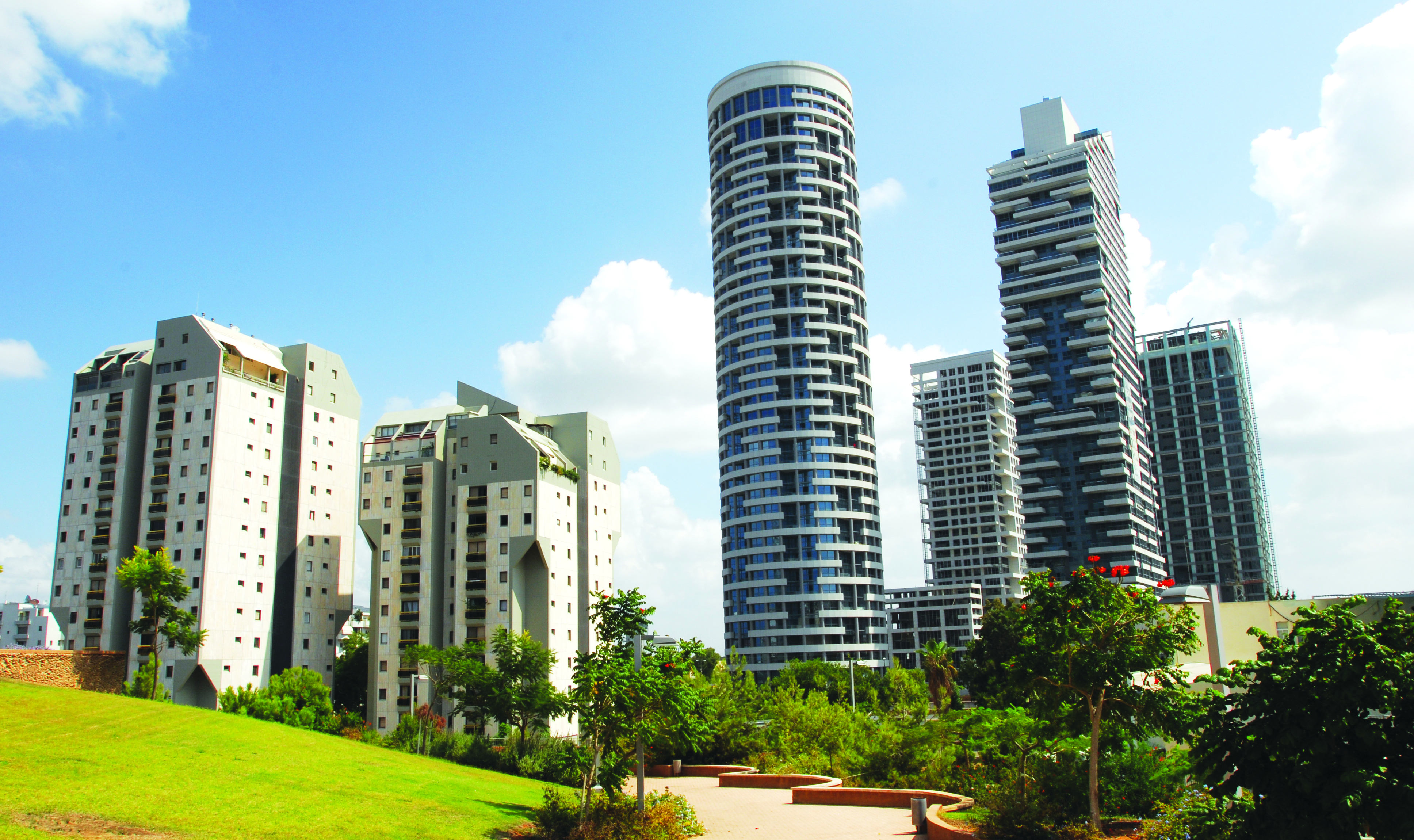Housing Sales Slow; Are Kachlon’s Policies Working?

Are Finance Minister Moshe Kachlon’s housing policies finally being felt in the market? The latest report on housing sales shows that as of July 31st, 6.7 percent fewer new homes have been sold this year compared to last, and a 1.5 percent drop in sales of already built homes. This constitutes the biggest slowdown in housing sales since June 2015, when sales of new homes were off nearly 20 percent.
Demand for new homes also fell in August, according to the data released by the Central Bureau of Statistics. Demand for new homes was for 4,173 purchases in July, but that fell to 4,005 in August. In May, that figure was 4,456.
Sales in July were softer in the north and in the Tel Aviv area; in the former, 228 homes were sold in July, compared to 318 in May, while in the latter, sales fell from 414 in June to 324 in July.
Industry observers said that while news of a softer market would take pressure off prices, one month does not a trend make – especially July, a summer month when many people are on vacation. If the trend continues, however, it may indeed constitute a trend, they said.
In recent months, the finance minister has undertaken numerous steps to discourage investments in real estate, which he says drives up the price for young couples. The most drastic step taken so far is the implementation of a new tax that will go into effect on January 1st, with Israelis who own more than two apartments paying a special tax. Under his proposal, landlords will pay a 1 percent tax per month on the assessed value of each home or apartment they own, beginning with the third property, up to a limit of NIS 1,500 per month, a total of NIS 18,000 a year. As the average value of homes in most cities is more than NIS 1.5 million, it is expected that most of the Israelis who will have to pay the tax will pay the full amount.
The rule is expected to affect 50,000 people, who own a total of 180,000 homes. The value of the homes will be determined by a government-certified assessor, based on home-value data supplied by the Central Bureau of Statistics for each geographical area.
To Read The Full Story
Are you already a subscriber?
Click "Sign In" to log in!

Become a Web Subscriber
Click “Subscribe” below to begin the process of becoming a new subscriber.

Become a Print + Web Subscriber
Click “Subscribe” below to begin the process of becoming a new subscriber.

Renew Print + Web Subscription
Click “Renew Subscription” below to begin the process of renewing your subscription.












